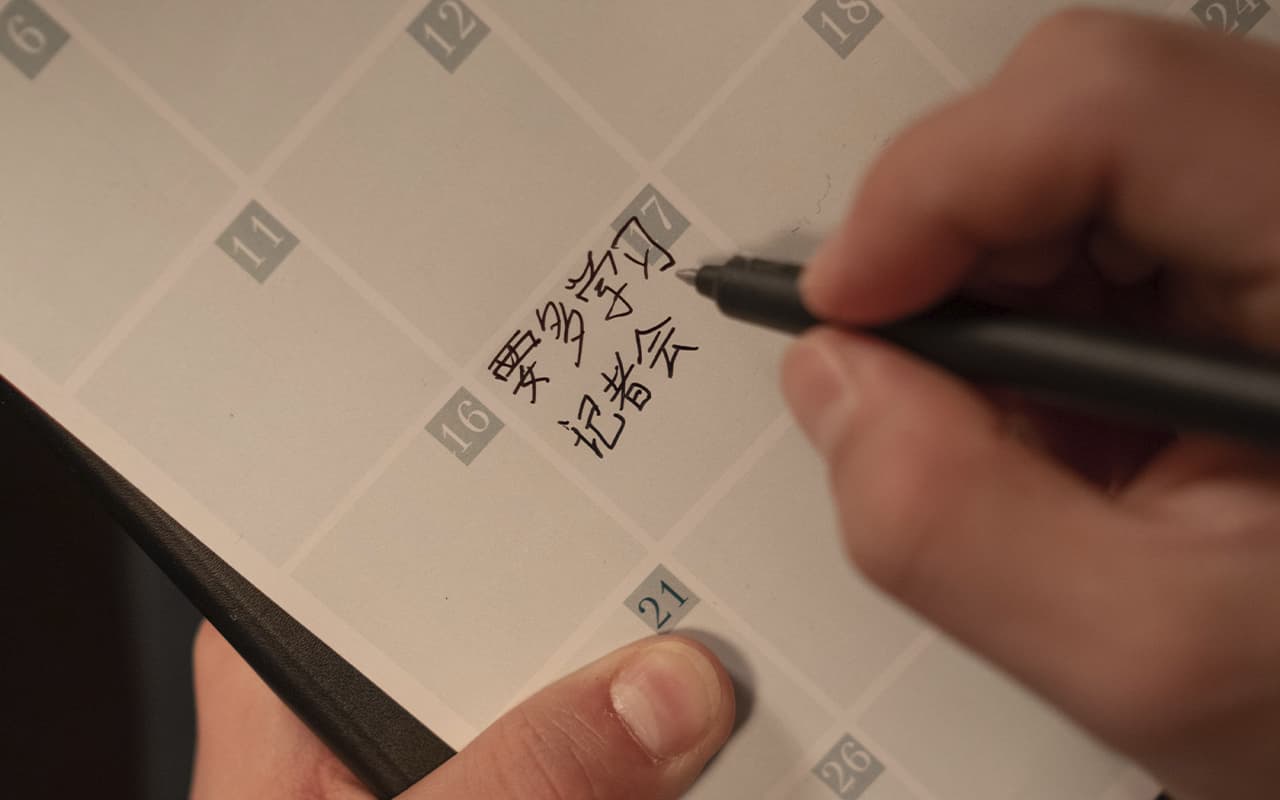To speak any language competently, it is not enough to know the vocabulary, you need to know the rules of grammar, how to use certain words in sentences correctly. It is believed that Chinese grammar is much simpler than the grammar of most European and Asian languages, but this is not quite true.
The notions of parts of speech in Chinese are rather blurred, most characters can be used in a certain context as nouns, adjectives, verbs and adverbs, and the writing of a character does not depend on what part of speech it is. Nouns and adjectives in Chinese do not change in gender, number, or case, and verbs do not change in base, pledge, or tense. Chinese syntax is characterized by a nominative structure and a relatively fixed word order. The definite always precedes the definite. A sentence may take the form of an active or passive construction, permutations of words that do not change their syntactic role are possible. The Chinese language has a developed system of complex sentences formed by union and non-union subordination.
Rule No. 1: The definite always comes before the definite word
他不喜欢贵的东西。Tā bù xǐhuān guì de dōngxī. He doesn’t like expensive things.
As you can see in this sentence, the definition贵的 comes before the definite word东西.
Rule No. 2: The form of words does not change
Unlike European languages, the form of words in Chinese does not change.
她去工作。Tā qù gōngzuò. She goes to work.
Rule No. 3: Chinese is characterized by topic advancement
This rule is quite hard to learn for students who are native speakers of European languages. Chinese is characterized by topicalization. This means that the logical subject (which comes first in the sentence) is what the sentence is about.
法国我没去过。Fàguó wǒ méi qùguò。I have not been to France.
Rule #4: Sight instead of time
Another distinctive feature of Chinese is the kind. In European languages, a sentence usually indicates both the kind and the time of the action in the sentence, while in Chinese, only the kind is indicated.
Rule #5: Chinese is a logical language
So, we have come to the most general rule of Chinese grammar. In general, Chinese is a very logical and consistent language. This applies first of all to the vocabulary, where there is logic behind every word. This statement also applies to the rules of Chinese grammar, which tend to be constant and unchanging.
Of course, these are not all the rules in Chinese grammar. I hope that after reading this article, you will want to learn Chinese.
